WELCOMMON HOSTEL
The social economy, in its various forms, has a historical track-record of supporting the full integration of people with special needs across all aspects of life, from education, training, housing, job opportunities to access to information, leisure, sport, cultural activities, products and services. Thanks to the social economy’s defining values and characteristics – favouring the social objective over profit, the centrality of the person, acting in the interest of its members and users and/or the general interest, having democratic 7 governance, reinvesting its profit into the enterprise – it is best placed to offer equal opportunities for socially excluded individuals, including people with disabilities, migrants, refugees, long term unemployed focusing on skills, support and full participation. Many actors of the social economy, such as cooperatives, social enterprises, work integration social enterprises (WISEs) and associations, include marginalized, vulnerable and disable people in their daily operation and governance structures, allowing for their participation also in the decision-making of the enterprise or organisation. This idea embodies the approach of the social economy in relation to the inclusion of marginalized and often vulnerable individuals: instaed of exclusion or relief approach, participation through empowerment. Empowerment is the process of becoming stronger and more confident, especially in controlling one’s life and claiming one’s rights. The social economy cultivates this by acting not only for vulnerable people but also, and most importantly, with them.
Anemos Ananeosis / Wind of Renewal
Anemos Ananeosis / Wind of Renewal was founded as a social cooperative enterprise in Athens in 2014 by a number of environmental and socially active citizens. Born out of a desire to promote social and green innovation and economy, sustainable tourism, climate protection, energy transition, environmental awareness, intercultural dialogue, welcome refugees – providing safe accommodation and social inclusion, . We wanted to implement – not only to propose – innovative solutions for the social and environmental problems of Greece (and Europe). WELCOMMON HOSTEL is an innovative and inclusive hostel open to all the different kind of travelers created and run by our cooperative.
What does accessibility mean for our organization
For Anemos Ananeosis / Wind of Renewal accessibility means equal access not only to a building or site but also to social, political, and economic life, it means not only physical access but also access to the same tools, services, organizations and facilities for all, disabled or/and other vulnerable people and non-disabled people
Our organization’s activities cover various areas of activity, but in this article we narrow the information presented below to activities provided in the field of sustainable tourism sector services, which are profiled due to the aspect of accessibility and / or take into account the employment of people with disabilities.
Our Welcommon Hostel is an innovative and inclusive hostel for sustainable tourism in Athens, Attica region, Greece. It is a seven-floor facility building in the center of Athens that offers accommodation for people of all ages and places, a hostel for sustainable tourism, a proposal for accommodation of social, cultural and environmental active groups and persons during their stay in Athens. The WELCOMMON HOSTEL is something more than just a nice hostel with social impact. It is also a place for social gathering and experimentation, a center for innovation and art, as well as a centre for social and green innovation and economy, for social and job integration for Greek locals, migrants and refugees.
Our guests are all different travelers (tourists, volunteers, Erasmus students, nomads-workers, newcomers, refugees. migrants). Our vision is to bring close people from all over the world without discrimination, to enable them to communicate, to be entertained and to explore the creative side of Athens. Our guests have the opportunity to participate directly and indirectly in green, social, humanitarian and inclusive – intercultural projects, events and activities. They can also contribute with their ideas and experience. WELCOMMON Hostel means welcome in common – together. We communicate about our offers at EU and global level as our guests are 95% people from EU and the rest of the world.
We try to stay innovative and adapt to new requirements, despite the crisis (financial, health, energy, climate, social)
The vision for the Welcommon Hostel is to be a sustainable solution to host all the travelers without discrimination based on inclusiveness and participation. Welcommon Hostel means welcome in common, together. We are flexible and be ready to stay innovative and adapt to new situations. WELCOMMON HOSTEL was named as the most EXTRAORDINARY Hostel Hero announced by HOSCARS awards 2021, organized by the international network HOSTEL WORLD. Why; As of June 2020, even the sustainable tourism collapsed and at the same time thousands of recognized refugees and asylum seekers in Greece were left homeless in the midst of a global pandemic, we decided to host a number of refugees, the most vulnerable between them, such as survivors of sexual violence, torture and ill treatment, the elderly, people with chronic diseases, pregnant and mothers with new borne babies. At the same time although the impact of COVID-19 and the restrictions measures have a serious impact on us (reducing -80% of our income, almost zero tourists, restriction of in person activities, need for increased and costly health protection measures etc), we continued on offering social empowerment and non-formal education courses with the participation of refugees and volunteers.
We try to adapt our offer, the hostel/the building as such and our activities and services, accessible to all people (whether they have a disability or not) without discrimination. The hostel is accessible to disable persons. There is also a special designed room for 3-4 disable persons. The elevators and the rooms for activities as well as our bar and places for intercultural events are all accessible. Our guests are all kinds of travelers, including disable persons from all over Europe. We offer interactive, inclusive, intercultural, non formal education and courses (language lessons, art, environmental and climate awareness, music) and green and social economy workshops open for all: volunteers, refugees, migrants, travelers, nomads workers, Erasmus, locals with the support of more than 370 volunteers from all over the world.
We are proud we have hosted between others many individuals and groups of disabled persons as well as activities for disabled persons (for example a group of 50 participants, for an international Erasmus Project, from 19/10-26/10/2019, hosted by IKKAIDO, an innovative European disability sports organisation) and of course many disable individuals as tourists, refugees and participants / students in our intercultural courses (language, painting, photography, music lessons).
If you’ve ever come into Welcommon you probably felt that it is a special place, a place where you can meet people, learn from them… it is a community. Special place, people, values.
Our services are designed to be accessible to everyone. Our vison is to offer appropriate accommodation and room for interaction and participation, but not only this. Our vision is to bring close people from all over the world, to enable them to communicate, to be entertained, to offer and gain knowledge and experience, and to explore the creative side of Athens. Everyone can contribute with his/her own ideas and experience.
Anemos Ananeosis/Wind of Renewal has a strong commitment to building a better world through social and green innovation and the cooperative business model. We try to improve the working environment as we have always a diverse workforce (unemployed persons, refugees, long-unemployed persons, young persons without job-experience) and many volunteers with different background. This diverse workforce as well our model of sustainable tourism is an added value for our Hostel; there are many clients they decide to book a room or organise an event in our hostel bacause of this social responsible model.
We have discussed with an organization working for the enhance of disabled persons to host a number of employees with disabilities as our hostel and our workplace is friendly to disabled persons, but COVID-19 postponed the plan. Our main task is to train our employees with or without disabilites on digital and social and green skills, for positions like receptionists, communication, environmental management, communication with clients, procurements, barista, cook and serve local and ethnic dishes, energy efficiency, installation of solar systems etc.*
The training on job is undertaken by more experienced staff of Anemos Ananeosis or collaborators of the cooperative. We host also internships and practitioners, as well as European Young Entrepreneurs. As a social cooperative enterprise we have experienced exclusion and unfair practices related to covid-19 support measures by the national and regional authorities. Therefore, we try always to be flexible, innovative and responsible in our plans and practices,
The most expensive investment is regarding training of our personnel that must combine professional with social and environmental skills, capacities and knowledge. During COVID-19 the most expensive investment was not firing the employees, keep the workforce, as the income from tourism was almost zero.
We collaborate with networks and NGOs working for the rights of people with disabilities, with organizations like Hidden Athens (a town guide aimed at tourists who want to witness the special parts of Athens and learn beforehand whether a place has something special to offer, whether it is accessible to people with disabilities etc https://www.hiddenathens.com/?page_id=7800) as well as with European social networks.
COVID-19 has postponed our networking with accessible tourism clusters, but we are very interesting in participating in such clusters in the near future and collaborate with social investors and social funds as well as with green funds, solar energy companies etc
We have a close cooperation with many universities, social enterprises, research centers and civil society’s organizations and networks.
Anemos Ananeosis participates in many events, seminars. workshops and projects concerning disable persons, and is a partner of the Erasmus project “SESYCARE- Social Entrepreneurship Skills for Young CAREgivers of people with chronic Illness”.
The main idea for the creation of the Welcommon Hostel was that the income from sustainable tourism will finance both the operation of the hostel and our social / ecological projects. We operate ‘for good and not-for-profit’ which means our clients’ stay should be cheaper while contributing to something amazing like social empowerment, social inclusion, green transition, music, cooking and language lessons, art-therapy, climate projects. Any surplus of funds will be reinvested in affordable hosteling, new jobs and social / green projects, not shareholders.
Of course during COVID-19 and as a result of collapse of traveling, our financial situation was hard. Enterprises of social economy are facing many obstacles and discrimination concerning the governmental measures for support during the COVID-19 and recovery from the crisis. Energy crisis, the rising of the prices for goods and services as well as the impact of the war in Ukraine are additional problems for activities like ours which need stability and long term planning.
We don’t received any grant or public support for the accommodation of vulnerable homeless refugees during the pandemic of COVID-19. Some individuals and small NGOs contributed a bit to the costs for the accommodation of a vulnerable person or a family.
We have started a crowdfunding campaign. People they want to support our social work can find more here: https://welcommonhostel.gr/slider/helpus2020/
The key success factors for our business
We have a vision, a mission and an innovative social/green business plan. And there are many people ready to share with us their commitment for a better and fairer world. Our philosophy is that we want to be part of the social change we want to see happen. Anemos Ananeosis/Wind of Renewal has a strong commitment to building a better world through social and green innovation and the cooperative business model. We want to influence the direction of our society to become more sustainable and ecologically and socially fair. And of course we are open for all the travelers and people, we are inclusive and we want to “teach” and “learn”. Our activity is based on social and green values: special place, people, value (the moto of LE MAT Europe network of social enterprises for sustainable tourism). We are very happy to participate in a network of many hostels and other accommodations with social aims and goals, values and social/green activities. We already know some and we try to be in contact with them..
What is the estimated average annual turnover of the business activity (in Euro)
The estimated annual turnover for our financial sustainability is about 500.000 euro. As the hostel is a new one (we opened it in July 2018) and we have spent an amount of more than 400.000 euro for the renovation of the building and for infrastructure (based on a re-use and energy efficiency /climate friendly and zero waste approach), we were not able to succeed in financial sustainability before COVID-19. Our business plan was to reach financial sustainability in 2,5 years, that means by the end of 2020. We were on a very good path achieving our goal, but COVID-19 changed everything. Now we are looking for social and green investors to participate in our project.
Our social model, our values and our innovative approach are the strengths of our commercial communication. On 26th of April 2021, our Welcommon Hostel was recognized as the “most EXTRAORDINARY Hostel Hero” and one of the 5 “Extraordinary Sustainable Hostels” by leading Online Travel Agent (OTA) focused on the hostel market, Hostelworld.
Representing Greece, Welcommon Hostel was crowned most EXTRAORDINARY Hostel Hero by a panel of expert travel judges and more than 20,000 votes by hostel travelers all around the world. Since 2016, we have received 11 international and european awards, prizes, distinctions, special recognitions. Please see here: https://anemosananeosis.gr/en/11-awards_wor/
We are indeed asked many times and we can see the possibilities of replicating the solutions developed by our organization in cooperation with entities in other countries. With pleasure.
If you would like to learn more about us and support our project, please visit:
Welcommon Hostel: www.welcommonhostel.gr
Wind of Renewal: www.anemosananeosis.gr/
www.facebook.com/daysofwelcome
www.instagram.com/welcommonproject
www.Instagram.com/welcommonhostel
www.facebook.com/windofrenewl.socialcooperatives
Social change in our community: www.welcommonhostel.gr/social
Our history: www.welcommonhostel.gr/slider/you-can-feel-the-history-of-welcommon
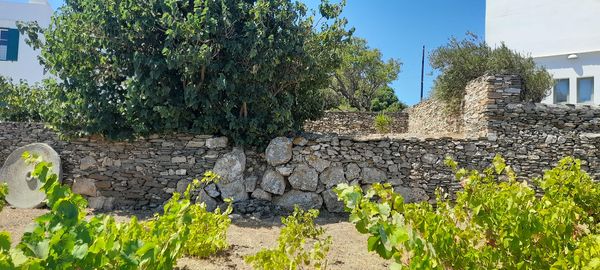
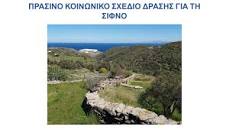 And yet there are suggestions and solutions. In this logic, the Wind of Renewal – the social cooperative enterprise for the promotion of the green and social economy – prepared through a participatory process a comprehensive proposal for a GREEN SOCIAL ACTION PLAN for Sifnos, as a proposal for the transition of the island to a more green and socially just and resilient model, with the role of the social economy being particularly important. The GREEN SOCIAL ACTION PLAN for Sifnos was formed within the framework of the GRAPE – COSME program in which ANEMOS ANNEOSSIS and the Municipality of Sifnos participate.
And yet there are suggestions and solutions. In this logic, the Wind of Renewal – the social cooperative enterprise for the promotion of the green and social economy – prepared through a participatory process a comprehensive proposal for a GREEN SOCIAL ACTION PLAN for Sifnos, as a proposal for the transition of the island to a more green and socially just and resilient model, with the role of the social economy being particularly important. The GREEN SOCIAL ACTION PLAN for Sifnos was formed within the framework of the GRAPE – COSME program in which ANEMOS ANNEOSSIS and the Municipality of Sifnos participate.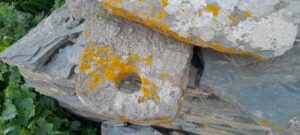 The objective of the Action Plan
The objective of the Action Plan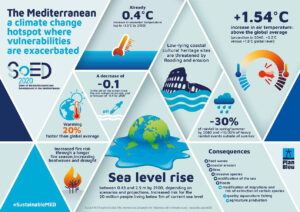
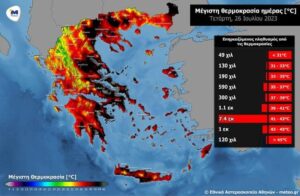
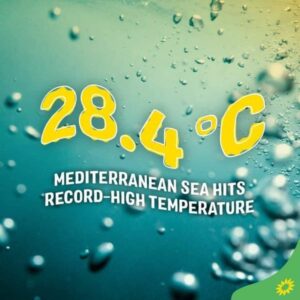
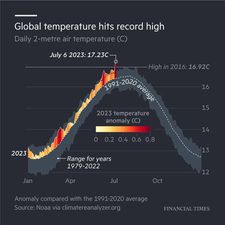
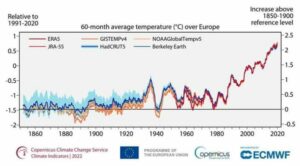
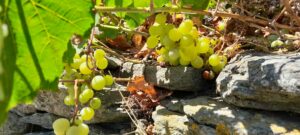
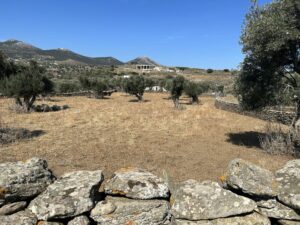
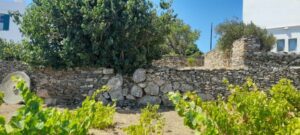
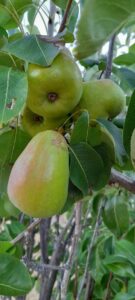
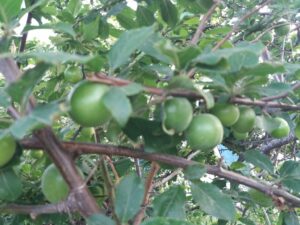
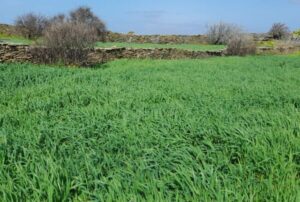
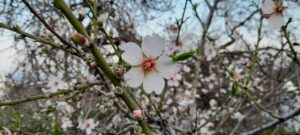
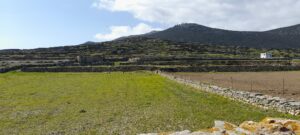
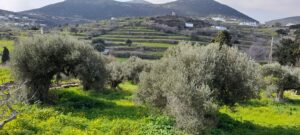
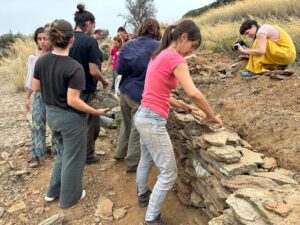
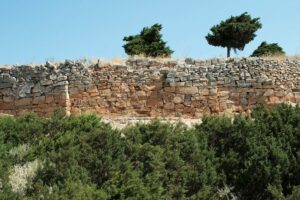

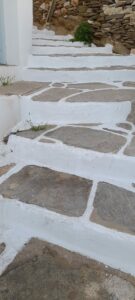
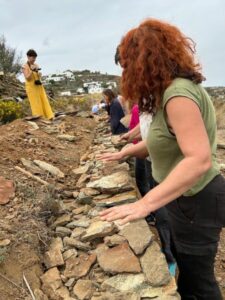
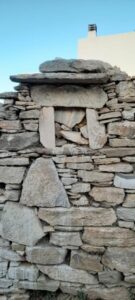
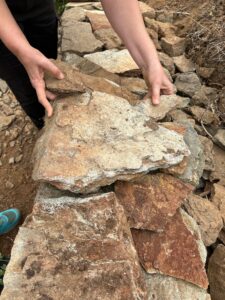
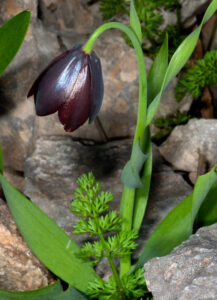 Protection and sustainable management of the natural wealth and the NATURA area of Sifnos
Protection and sustainable management of the natural wealth and the NATURA area of Sifnos About the COSME – GRAPE programme
About the COSME – GRAPE programme


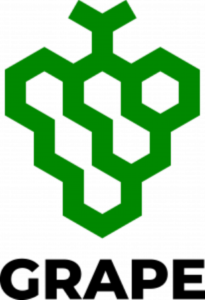
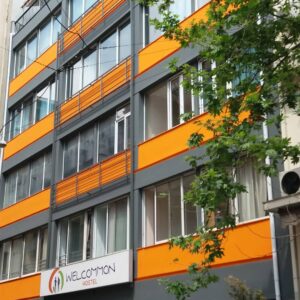
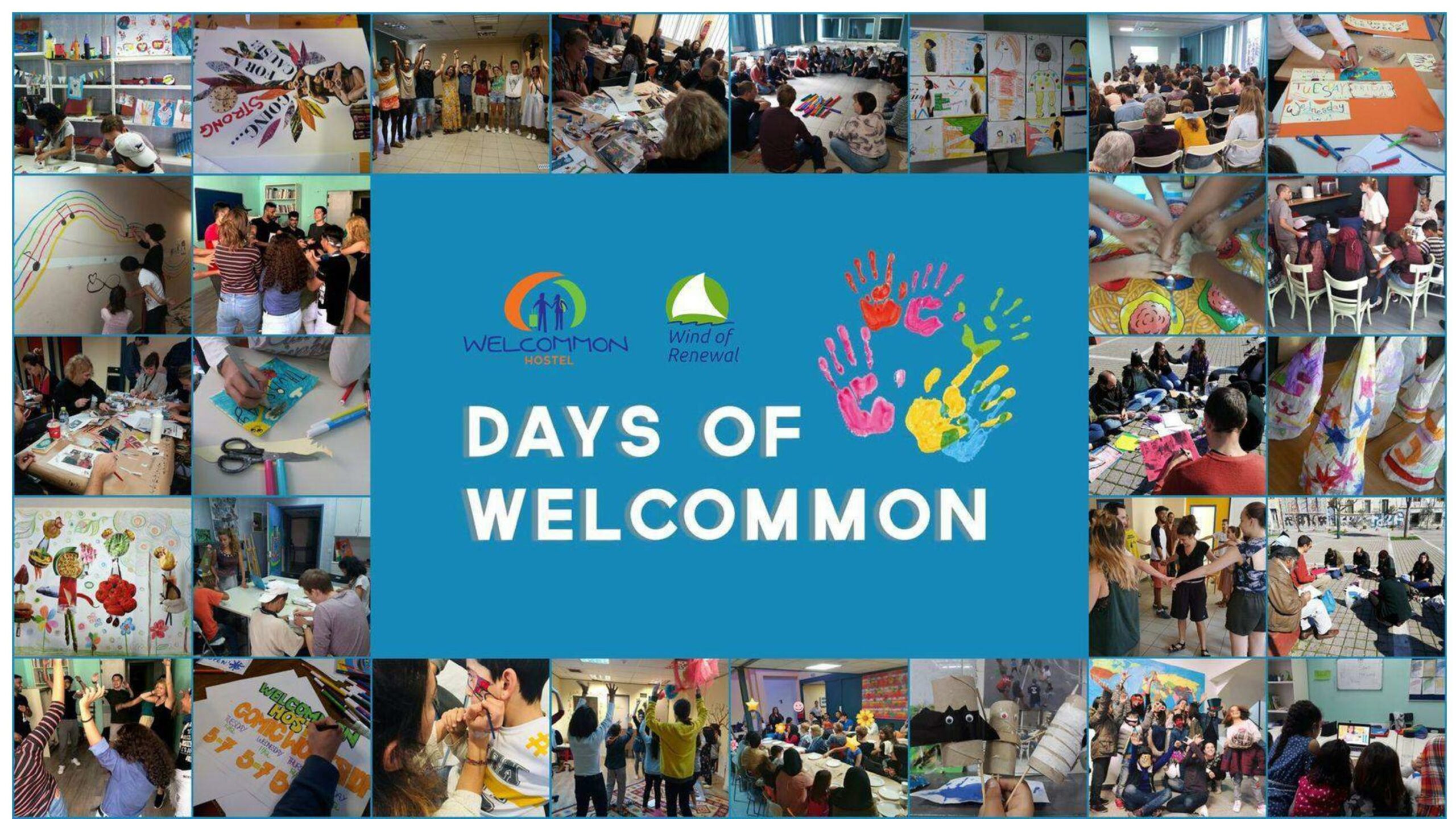
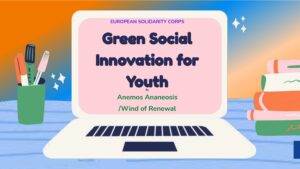
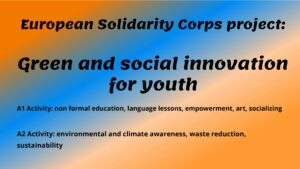
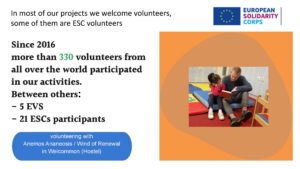
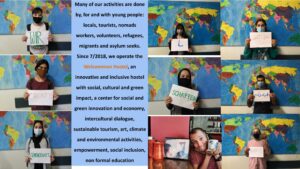
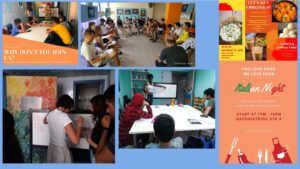
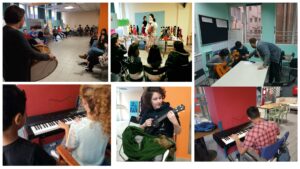
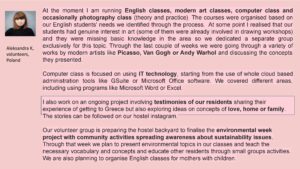
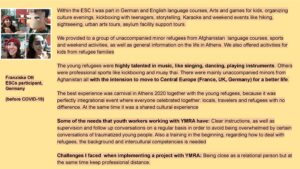
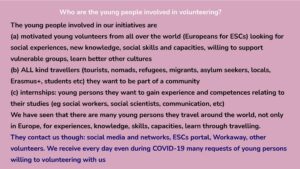
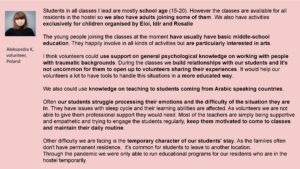
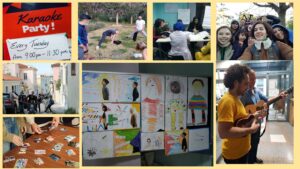
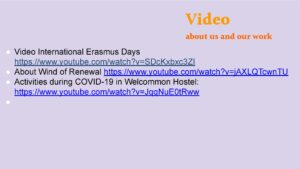
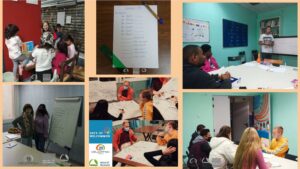
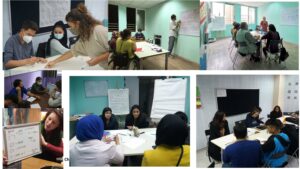
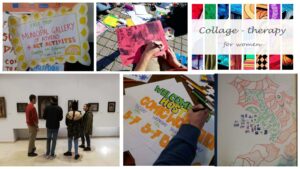
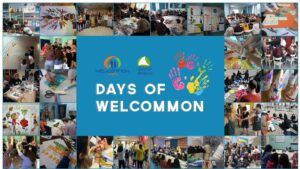
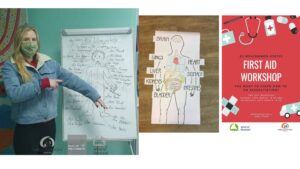
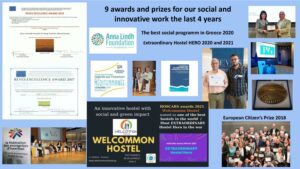
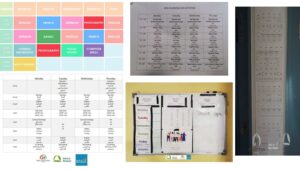
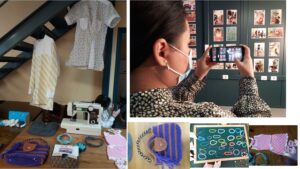
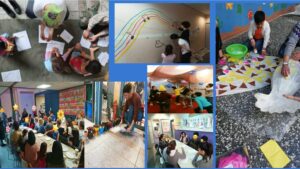
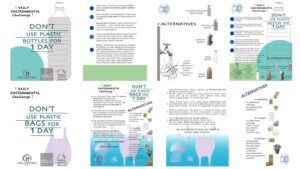
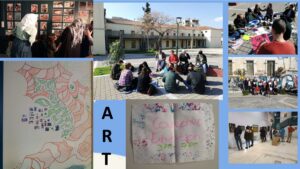
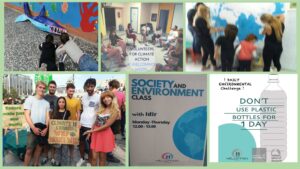
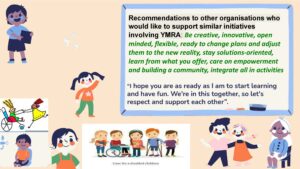
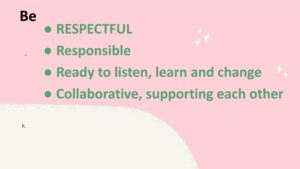
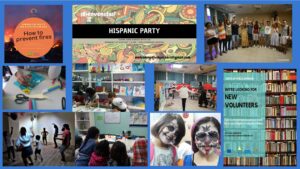
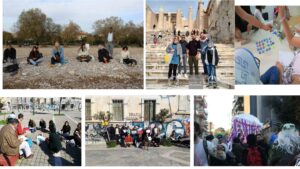
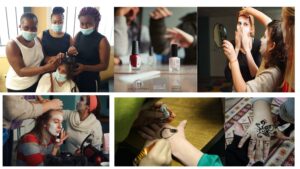
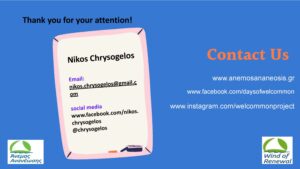
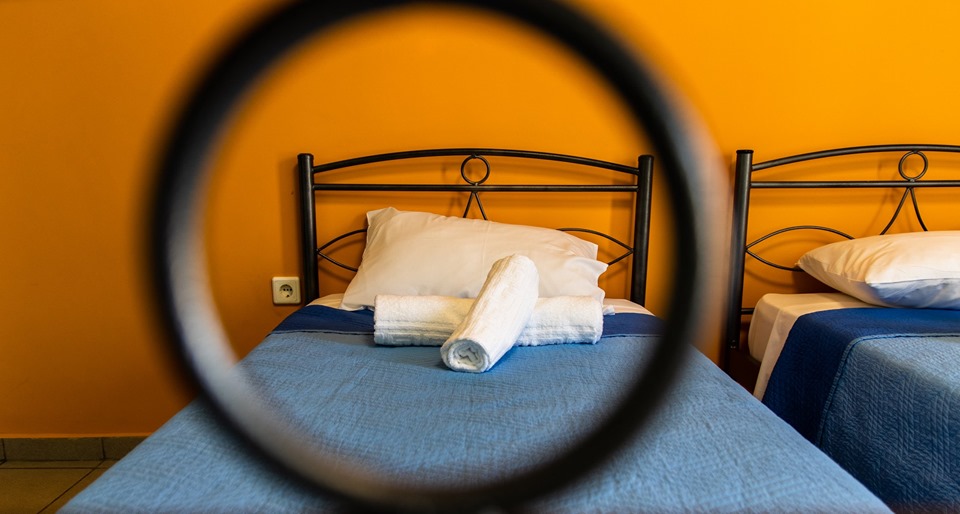
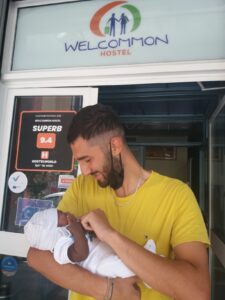 Welcommon Hostel offers accommodation to people of all ages and all the travellers without discrimination. It is a hostel for sustainable tourism, an option for accommodation of social, cultural and environmental active persons and groups during their stay in Athens, as well as a centre for the promotion of intercultural dialogue, social and green innovation, social empowerment and inclusion, job integration of refugees.
Welcommon Hostel offers accommodation to people of all ages and all the travellers without discrimination. It is a hostel for sustainable tourism, an option for accommodation of social, cultural and environmental active persons and groups during their stay in Athens, as well as a centre for the promotion of intercultural dialogue, social and green innovation, social empowerment and inclusion, job integration of refugees.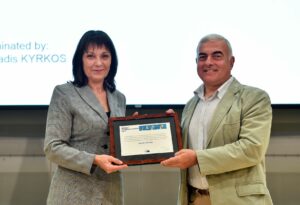 We have received 11 international and European awards and distinguishes for our social and green impact, like:
We have received 11 international and European awards and distinguishes for our social and green impact, like: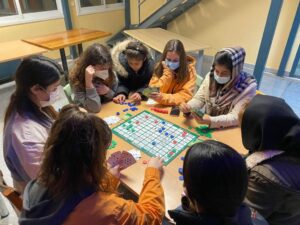 Welcommon Hostel is part of the
Welcommon Hostel is part of the 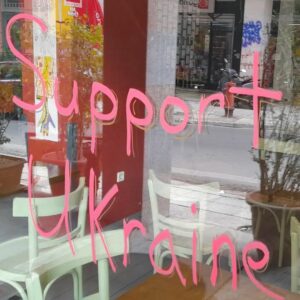 Social activities / social impact:
Social activities / social impact: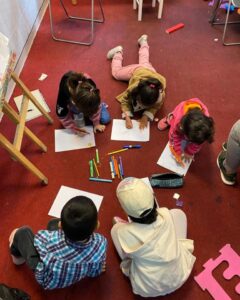 Gradually we turn the Welcommon Hostel into a demonstration building for sustainability, energy efficiency
Gradually we turn the Welcommon Hostel into a demonstration building for sustainability, energy efficiency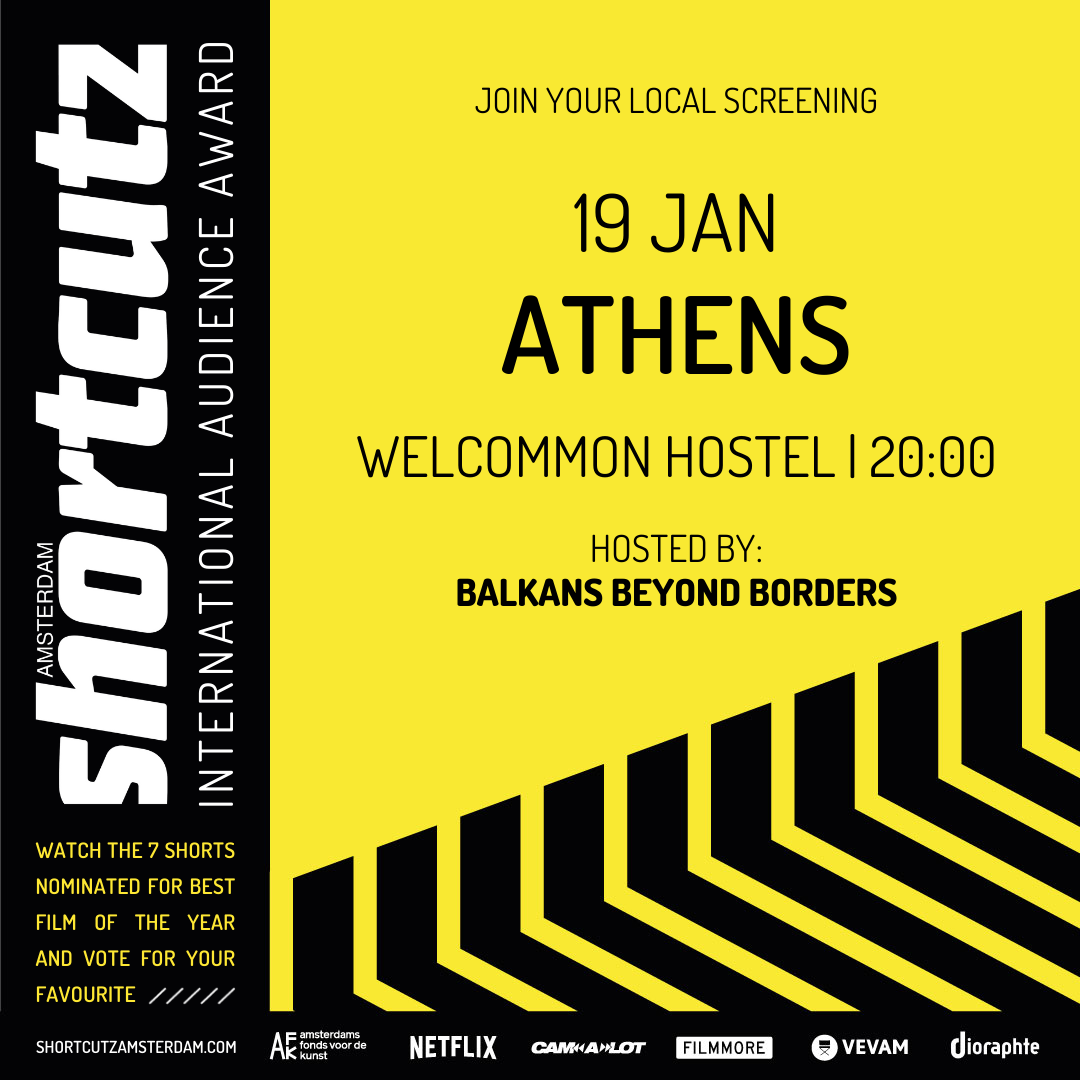
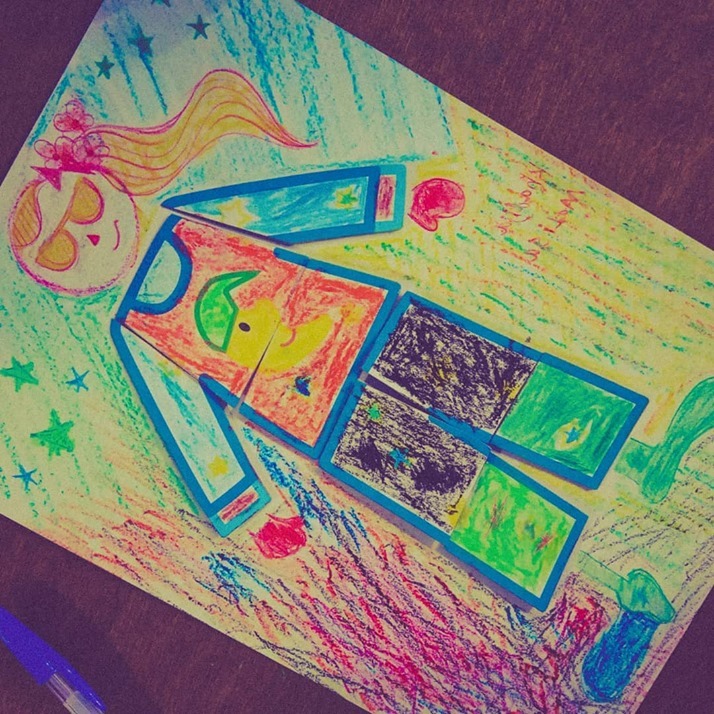
 We discussed about the Anemos Ananeosis /Wind of Renewal, the WELCOMMON HOSTEL, our hostel with social and green impact as well as about the Celeste Foundation. We had a very interesting and inspiring exchange of experience and good practices between the two organisations
We discussed about the Anemos Ananeosis /Wind of Renewal, the WELCOMMON HOSTEL, our hostel with social and green impact as well as about the Celeste Foundation. We had a very interesting and inspiring exchange of experience and good practices between the two organisations



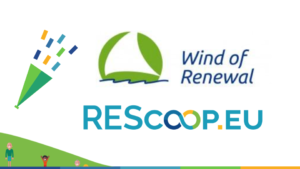
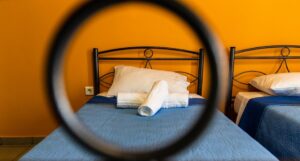
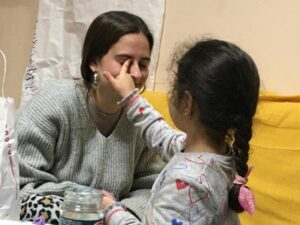
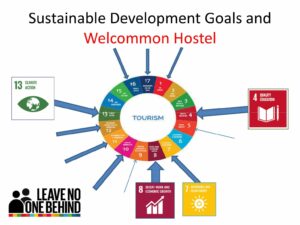 During COVID-19, we offered in Welcommon Hostel safe accommodation and empowerment courses to many homeless vulnerable refugees and asylum seekers and at the same time we hosted a big number of refugees and volunteers in Welcommon Hostel. Even during COVID-19 we continued on offering the lessons for the empowerment of the participants, in a safe environment, implementing the health regulations.
During COVID-19, we offered in Welcommon Hostel safe accommodation and empowerment courses to many homeless vulnerable refugees and asylum seekers and at the same time we hosted a big number of refugees and volunteers in Welcommon Hostel. Even during COVID-19 we continued on offering the lessons for the empowerment of the participants, in a safe environment, implementing the health regulations.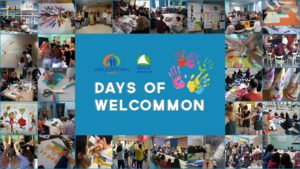 The vision of our volunteering project is to bring people together from all over the world (380 volunteers from 2016 until today), to enable them to communicate, by contributing with own social and green ideas, social and climate actions and experience, with the highlight of the positive impact that social economy enterprises have on communities, revitalizing neighborhoods, acting for the climate protection, making bridges between communities, social groups, newcomers and local people.
The vision of our volunteering project is to bring people together from all over the world (380 volunteers from 2016 until today), to enable them to communicate, by contributing with own social and green ideas, social and climate actions and experience, with the highlight of the positive impact that social economy enterprises have on communities, revitalizing neighborhoods, acting for the climate protection, making bridges between communities, social groups, newcomers and local people.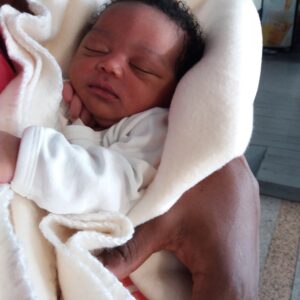 For Anemos Ananeosis / Wind of Renewal accessibility means equal access not only to a building or site but also to social, political, and economic life, it means not only physical access but also access to the same tools, services, organizations and facilities for all, disabled or/and other vulnerable people and non-disabled people.
For Anemos Ananeosis / Wind of Renewal accessibility means equal access not only to a building or site but also to social, political, and economic life, it means not only physical access but also access to the same tools, services, organizations and facilities for all, disabled or/and other vulnerable people and non-disabled people.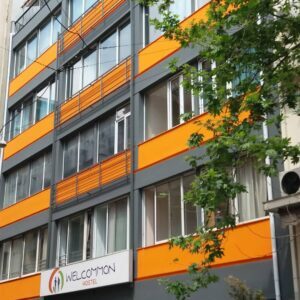 We try to adapt our offer, the hostel/the building as such and our activities and services, accessible to all people (whether they have a disability or not) without discrimination. The hostel is accessible to disable persons. There is also a special designed room for 3-4 disable persons. The elevators and the rooms for activities as well as our bar and places for intercultural events are all accessible. Our guests are different travelers, including disable persons, from all over the world. We are proud we have hosted between others many individuals and groups of disabled persons as well as activities for disabled persons (for example a group of 50 participants, for an international Erasmus Project, from 19/10-26/10/2019, hosted by IKKAIDO, an innovative European disability sports organisation) and of course many disable individuals as tourists, refugees and participants / students in our intercultural courses (language, painting, photography, music lessons).
We try to adapt our offer, the hostel/the building as such and our activities and services, accessible to all people (whether they have a disability or not) without discrimination. The hostel is accessible to disable persons. There is also a special designed room for 3-4 disable persons. The elevators and the rooms for activities as well as our bar and places for intercultural events are all accessible. Our guests are different travelers, including disable persons, from all over the world. We are proud we have hosted between others many individuals and groups of disabled persons as well as activities for disabled persons (for example a group of 50 participants, for an international Erasmus Project, from 19/10-26/10/2019, hosted by IKKAIDO, an innovative European disability sports organisation) and of course many disable individuals as tourists, refugees and participants / students in our intercultural courses (language, painting, photography, music lessons).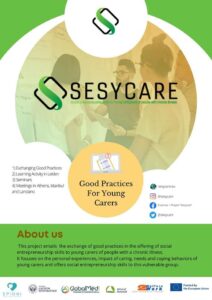 Anemos Ananeosis / Wind of Renewal is a partner of the
Anemos Ananeosis / Wind of Renewal is a partner of the 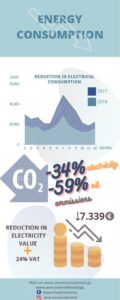
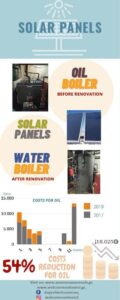 We have also installed on the roof of the Welcommon Hostel – without any grant – 20 solar panels for the production of hot water for shower and domestic use. The production of hot water is a major source of energy-consumption and economic duty of accommodation buildings and the ways of producing it most of the time is related to use of fossil fuels, a practice that is environmentally damaging. This is why, faithful to our purpose of creating a sustainable and environmentally fair society, we chose a renewable source of energy to adapt the need of hot water to a carbon-free practice.
We have also installed on the roof of the Welcommon Hostel – without any grant – 20 solar panels for the production of hot water for shower and domestic use. The production of hot water is a major source of energy-consumption and economic duty of accommodation buildings and the ways of producing it most of the time is related to use of fossil fuels, a practice that is environmentally damaging. This is why, faithful to our purpose of creating a sustainable and environmentally fair society, we chose a renewable source of energy to adapt the need of hot water to a carbon-free practice.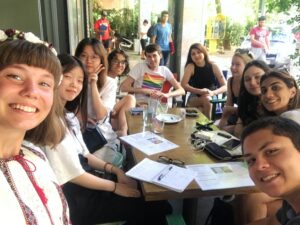 Anemos Ananeosis / Wind of Renewal has organised more than 60 conferences, events and seminars on green transition, climate protection, green deal. Under the concept “Discussing and taking the initiative for the green/circular and social economy and the innovation” we have organised a variety of workshops, public events and day workshops with the participation of universities, teachers, social – vocational institutions, social – economy enterprises, social media. The 2 days-seminar “Planning Transition to Energy Efficient Cities- Energy Efficiency on local level” was addressed to more than 250 elected, civil staff, managers and staff of municipalities especially from the departments of programming, energy-climate, urban planning and construction as well as representatives of civil society, unemployed and staff related businesses.
Anemos Ananeosis / Wind of Renewal has organised more than 60 conferences, events and seminars on green transition, climate protection, green deal. Under the concept “Discussing and taking the initiative for the green/circular and social economy and the innovation” we have organised a variety of workshops, public events and day workshops with the participation of universities, teachers, social – vocational institutions, social – economy enterprises, social media. The 2 days-seminar “Planning Transition to Energy Efficient Cities- Energy Efficiency on local level” was addressed to more than 250 elected, civil staff, managers and staff of municipalities especially from the departments of programming, energy-climate, urban planning and construction as well as representatives of civil society, unemployed and staff related businesses.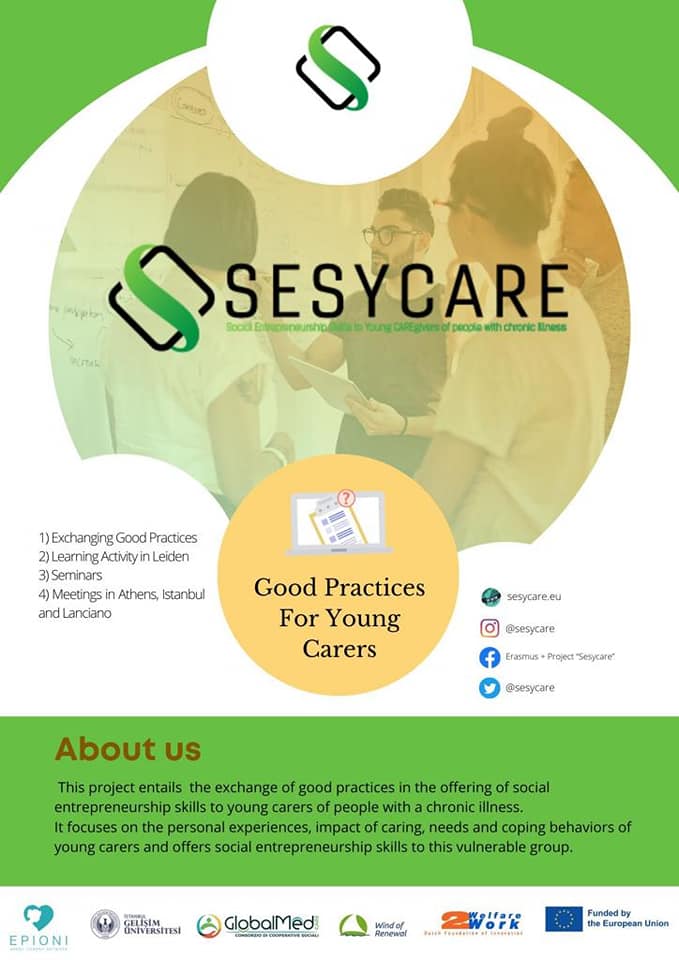
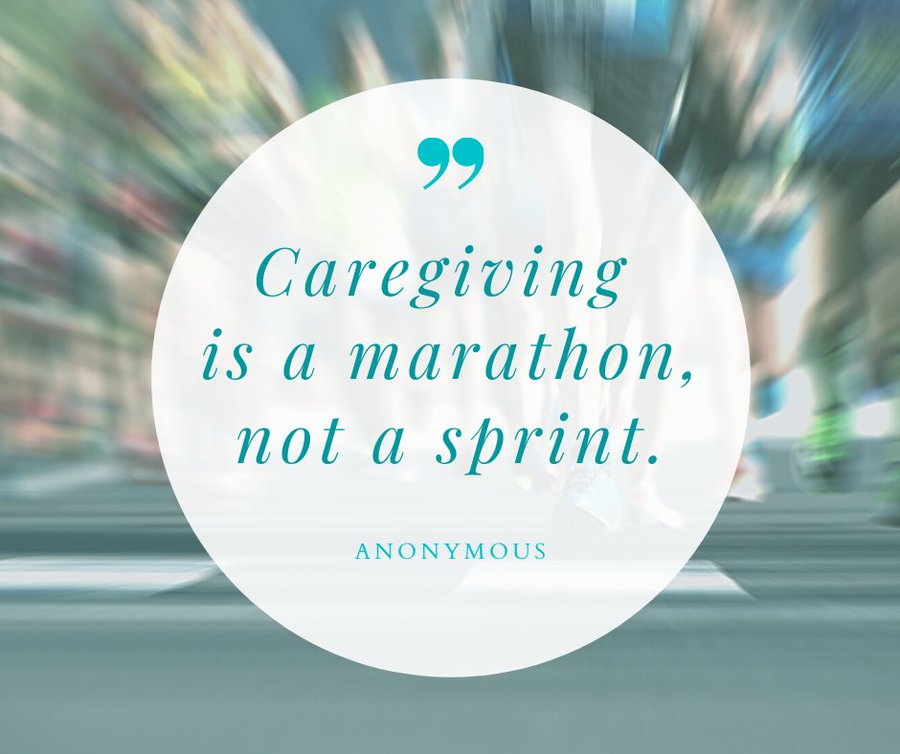
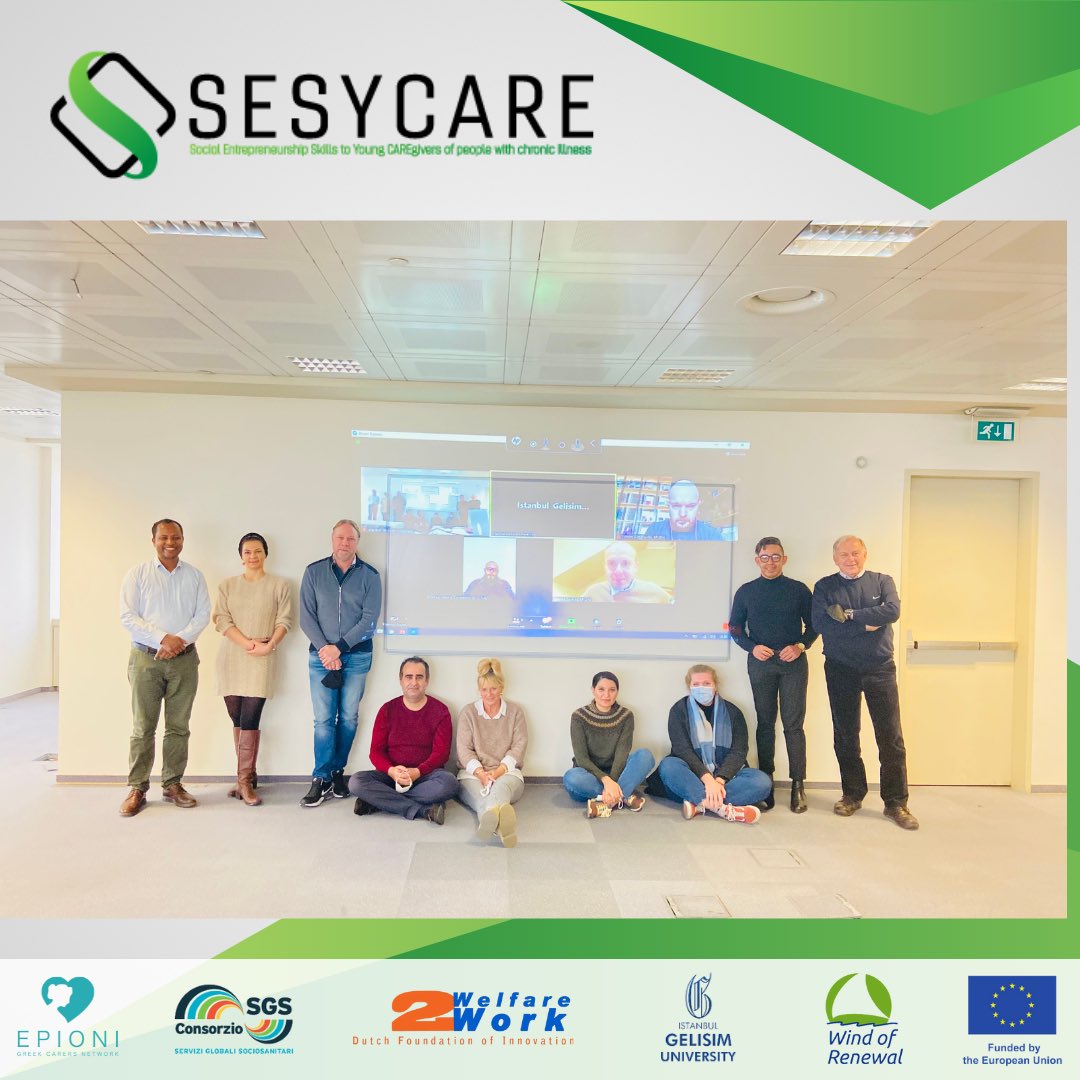 The meeting in Istanbul
The meeting in Istanbul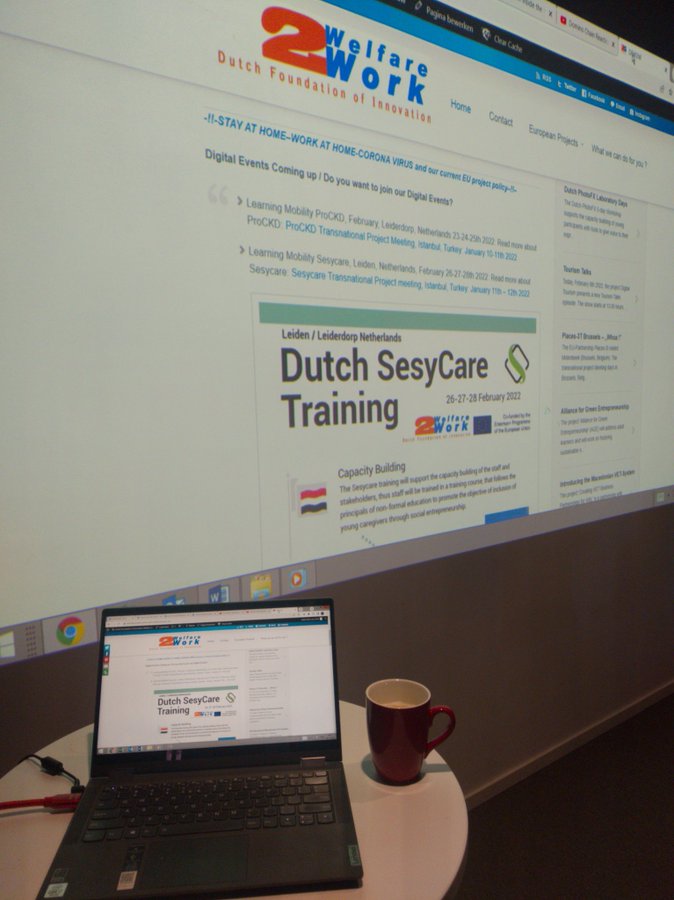
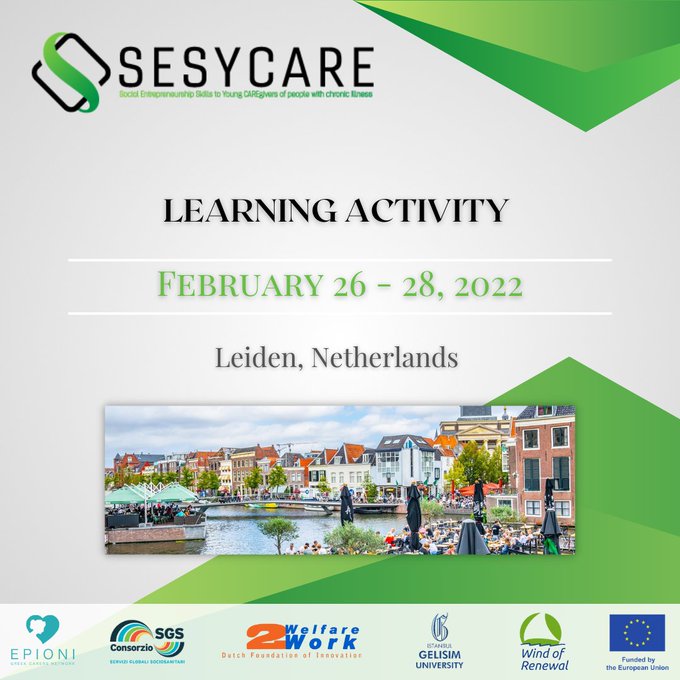
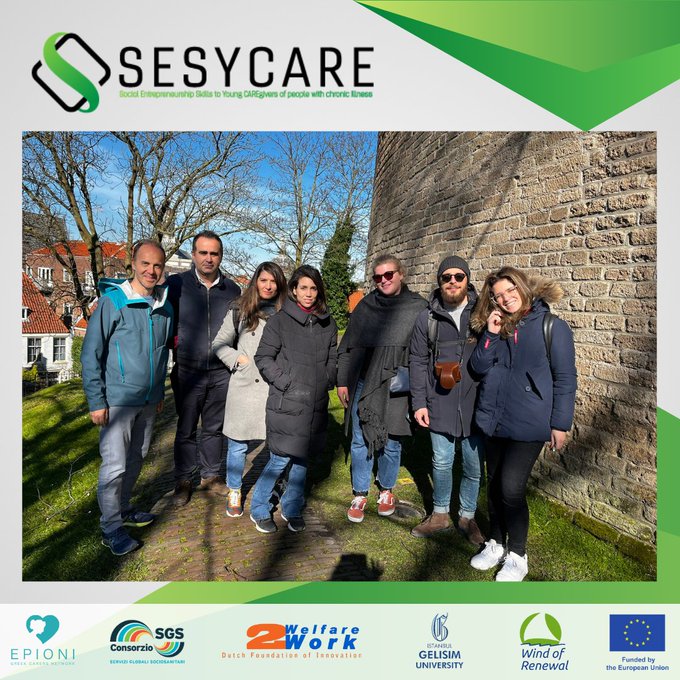
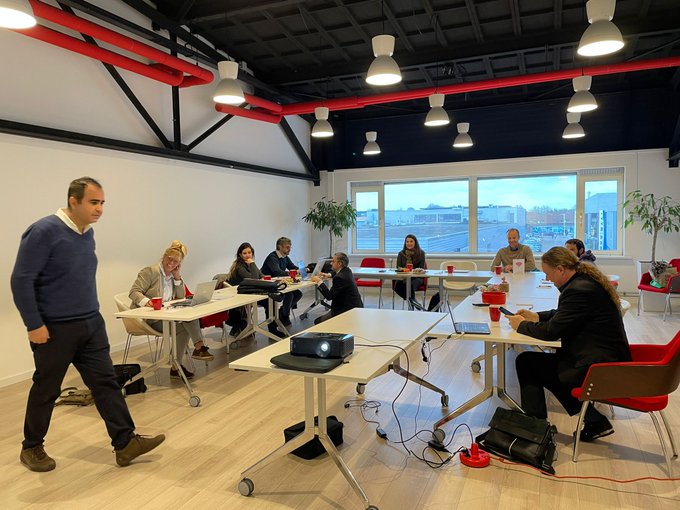
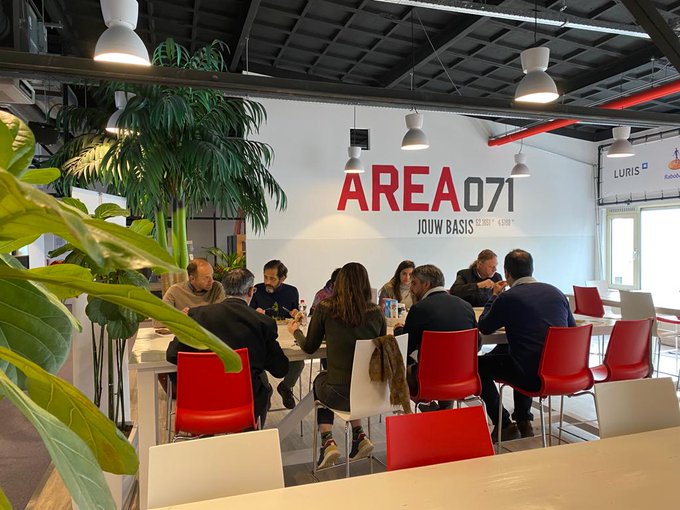
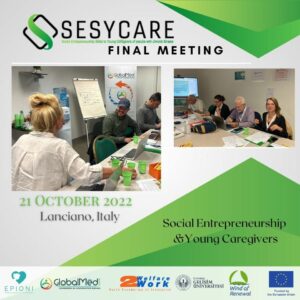 The meeting in Lanciano
The meeting in Lanciano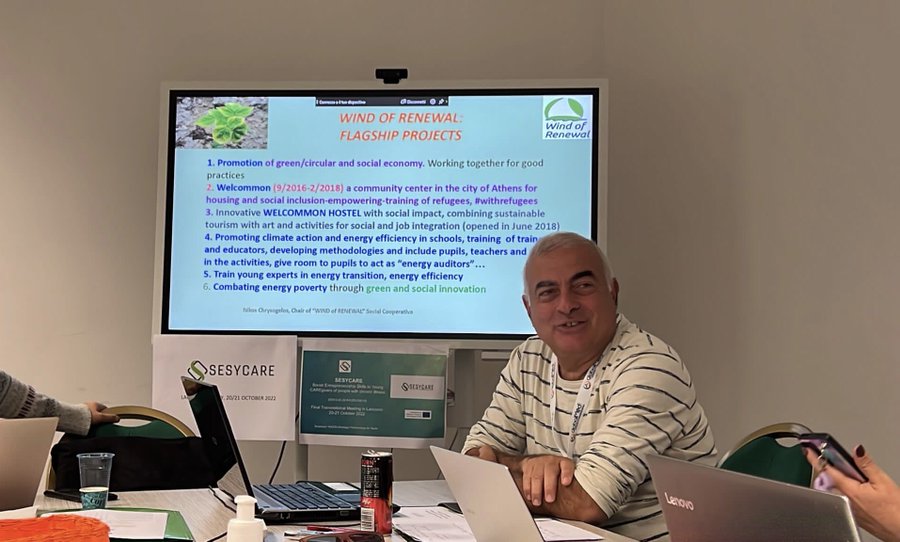 His family describes Lorenzo as a good student and a very sporty young man. His family, who learned that he had to be transferred to a private hospital in the USA for his treatment, started a public financial aid campaign to cover the $ 600,000 treatment cost. The appeals for financial aid were very successful and the locals were very responsive to Lorenzo’s case, and it took a few weeks for the sum to be collected. Unfortunately, Lorenzo succumbed to this illness. Later, a non-profit organization was created to transfer this financial aid, which was collected to help the families of young people who needed help and had health problems. Since then, this organization has offered support and comfort to those who have suffered an illness of their relatives, most of them children or a great loss. The organization offers completely free services, including group meetings with professional psychologists, nutritionists, yoga sessions and support for anyone suffering from loneliness.
His family describes Lorenzo as a good student and a very sporty young man. His family, who learned that he had to be transferred to a private hospital in the USA for his treatment, started a public financial aid campaign to cover the $ 600,000 treatment cost. The appeals for financial aid were very successful and the locals were very responsive to Lorenzo’s case, and it took a few weeks for the sum to be collected. Unfortunately, Lorenzo succumbed to this illness. Later, a non-profit organization was created to transfer this financial aid, which was collected to help the families of young people who needed help and had health problems. Since then, this organization has offered support and comfort to those who have suffered an illness of their relatives, most of them children or a great loss. The organization offers completely free services, including group meetings with professional psychologists, nutritionists, yoga sessions and support for anyone suffering from loneliness.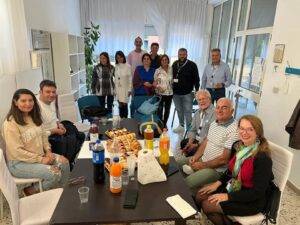 The organization also prepares special packages, baskets and products that can be sold on special occasions such as Christmas by contacting local producers in the region to provide the financial source to continue its activities.
The organization also prepares special packages, baskets and products that can be sold on special occasions such as Christmas by contacting local producers in the region to provide the financial source to continue its activities.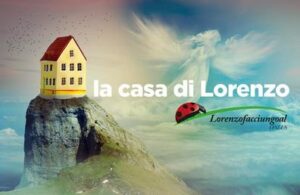 SESYCARE PROJECT
SESYCARE PROJECT
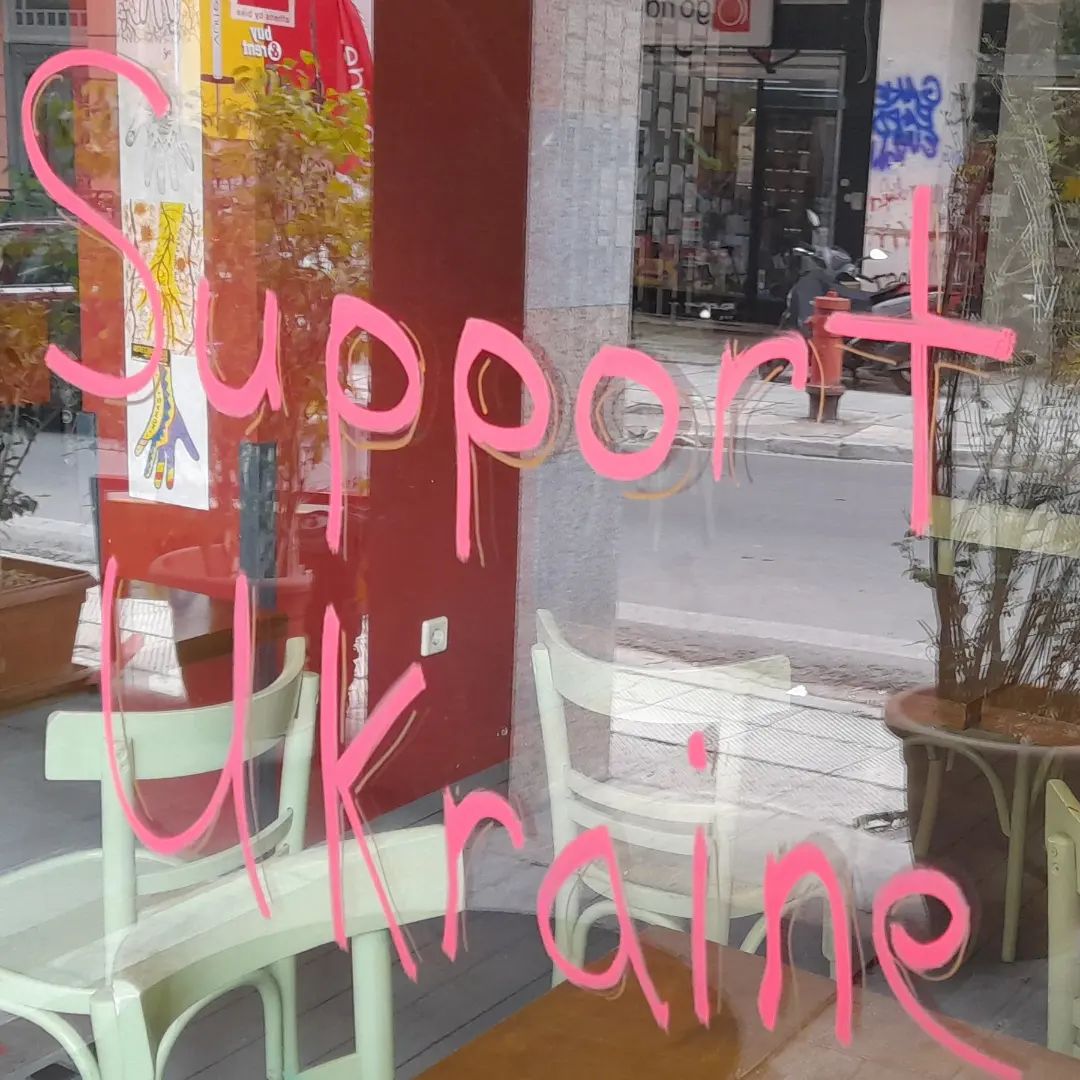
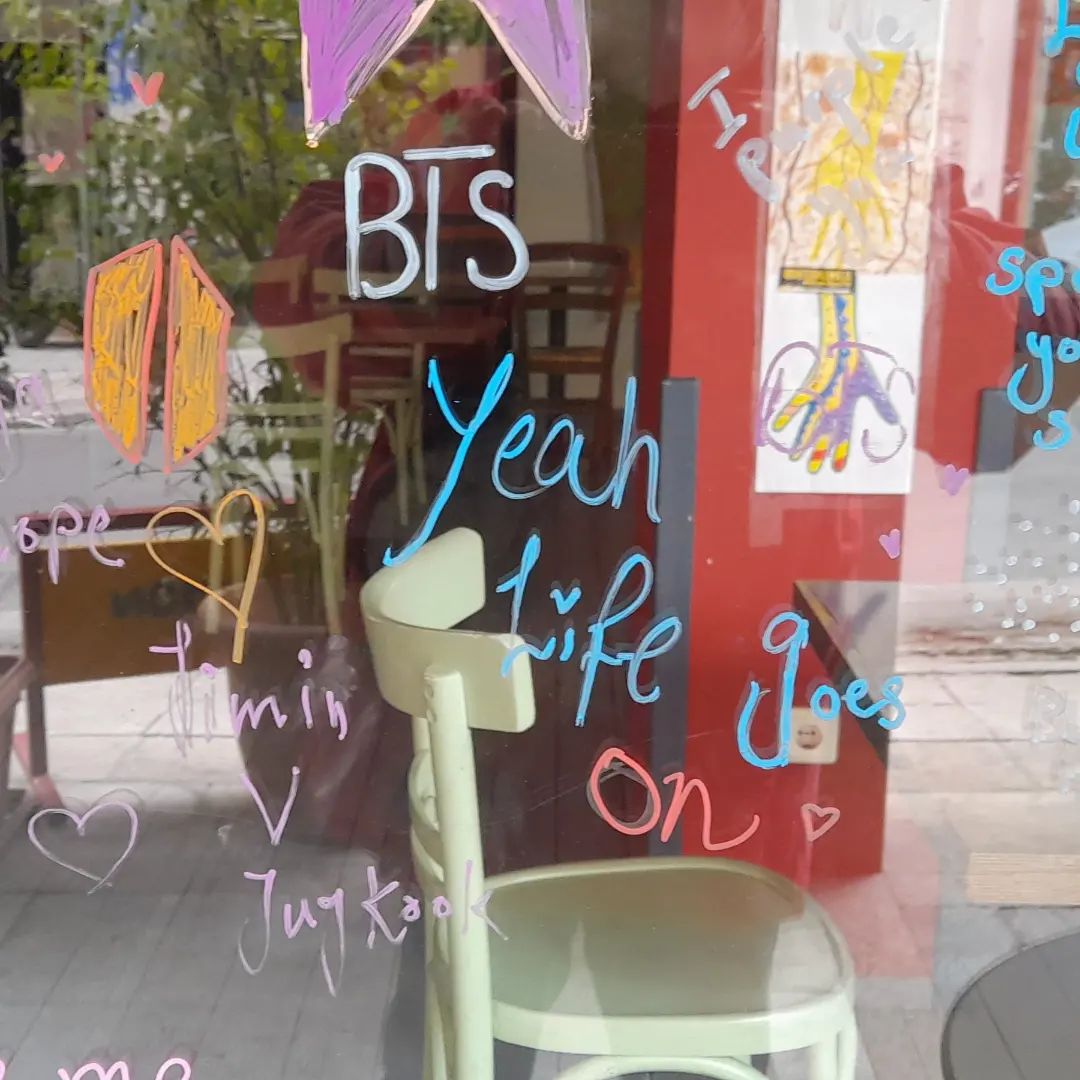
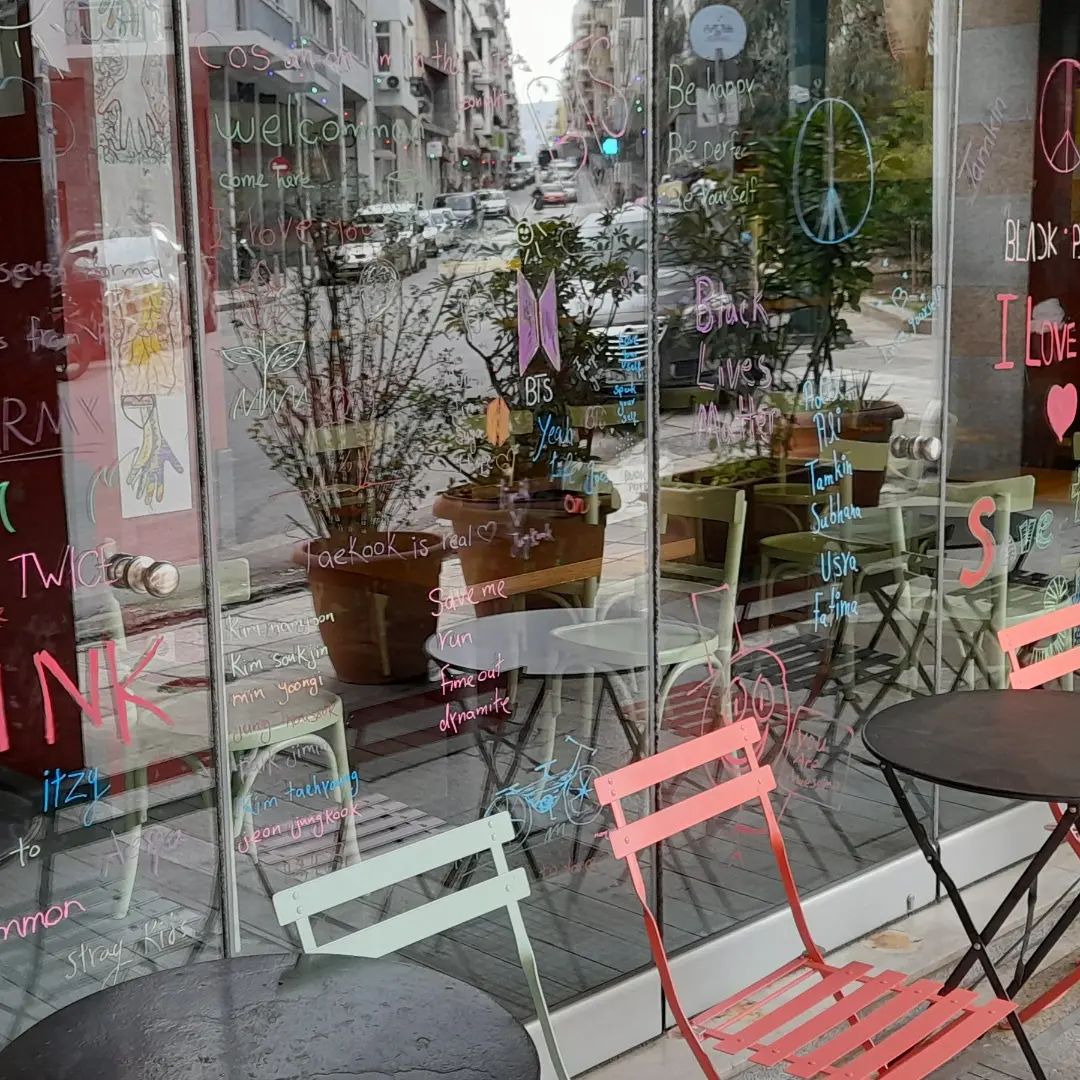
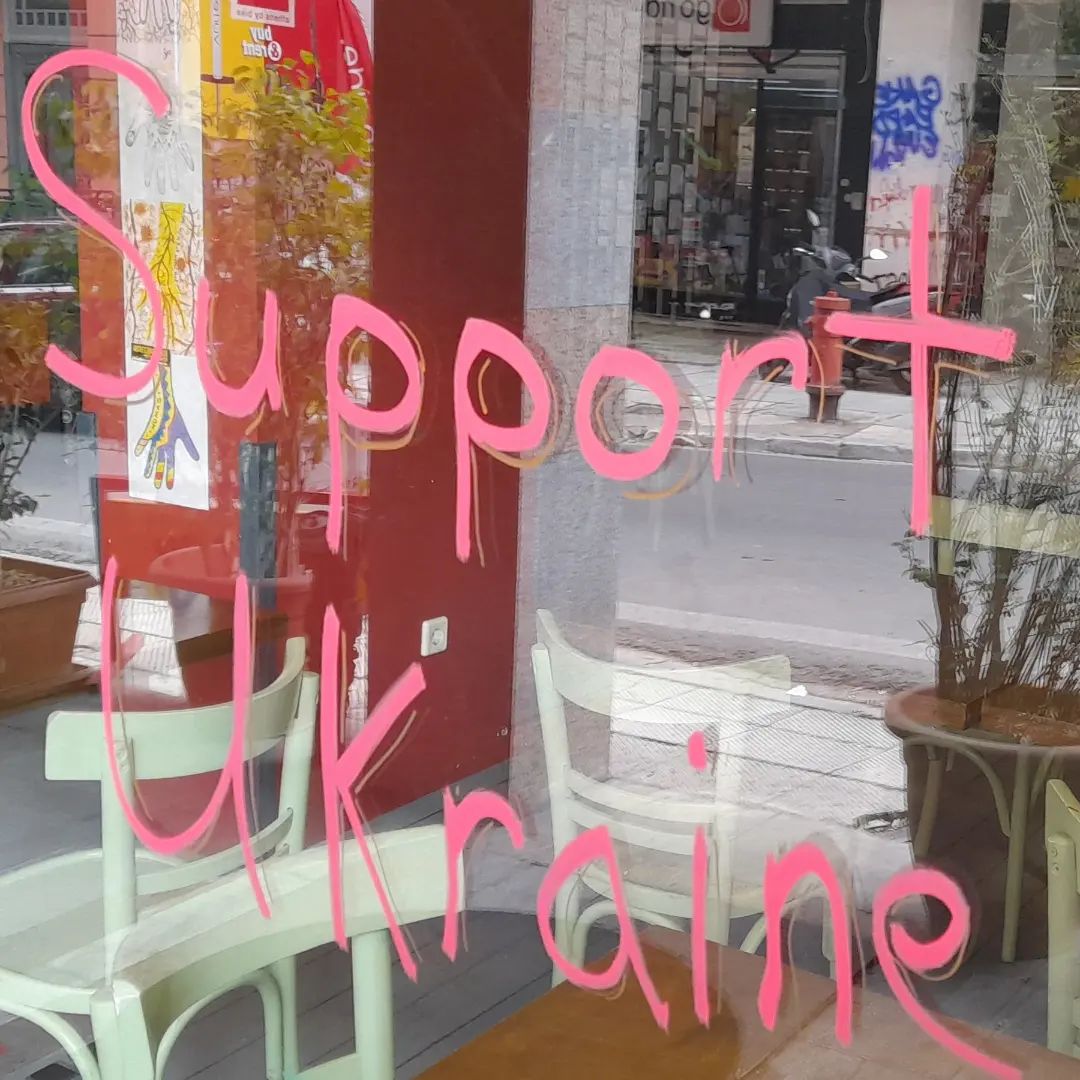
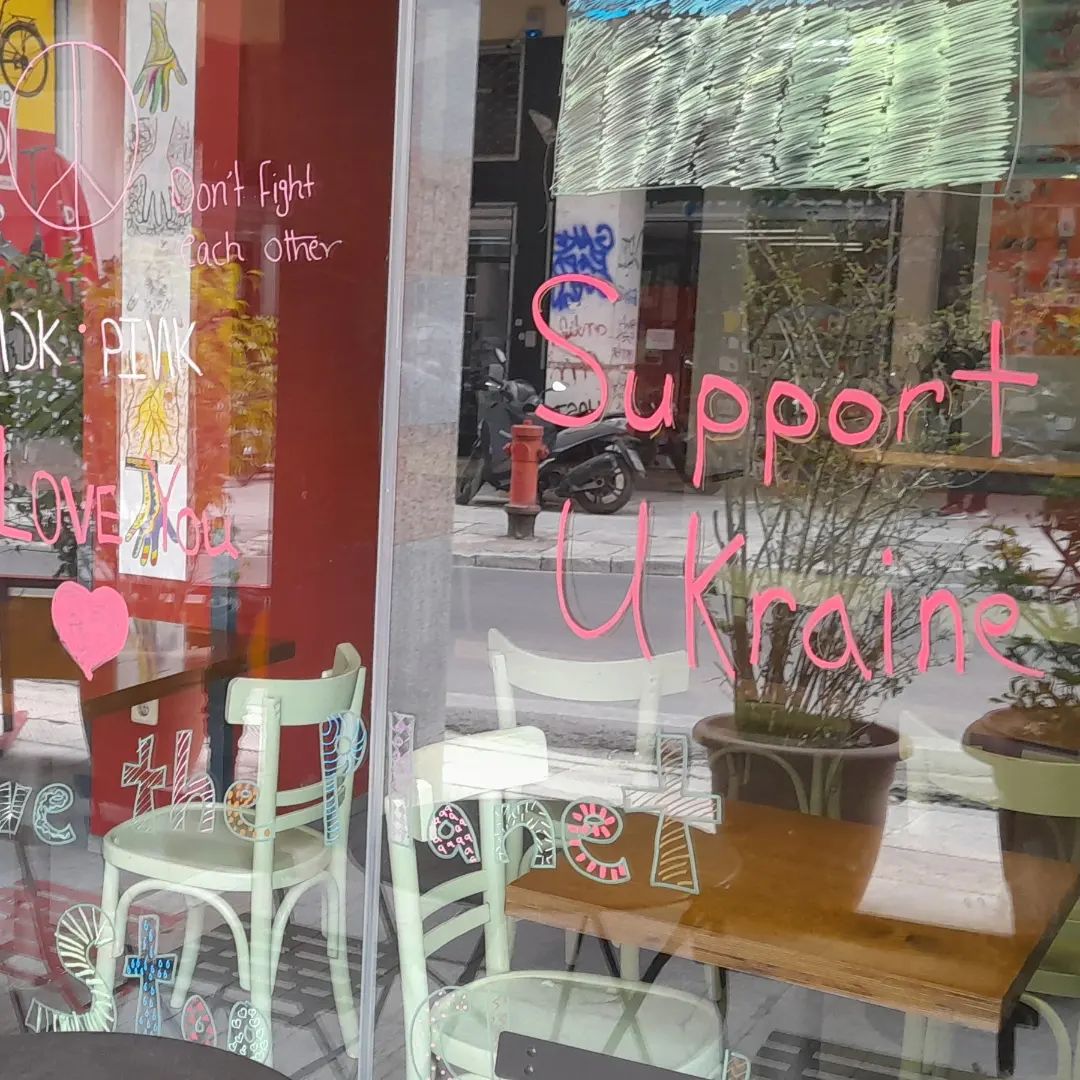
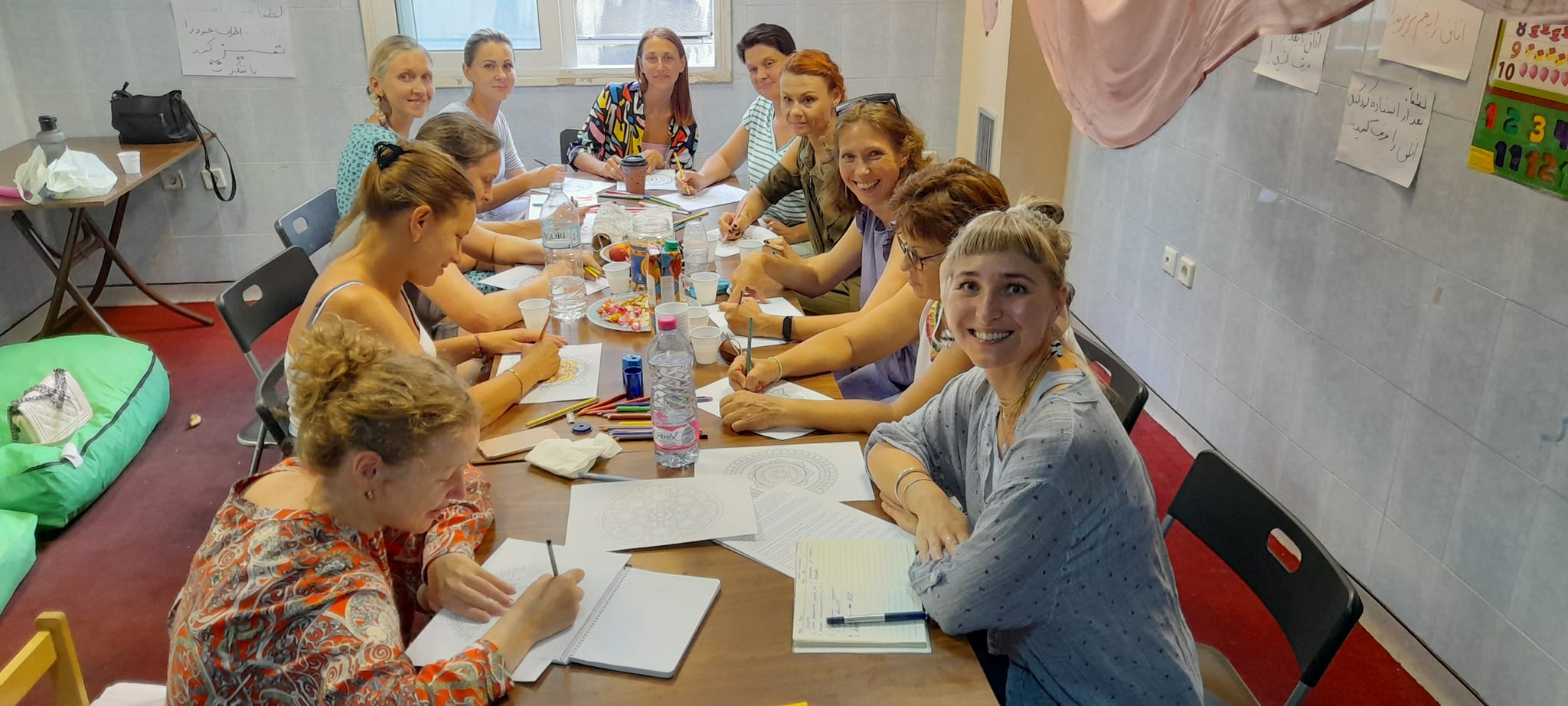
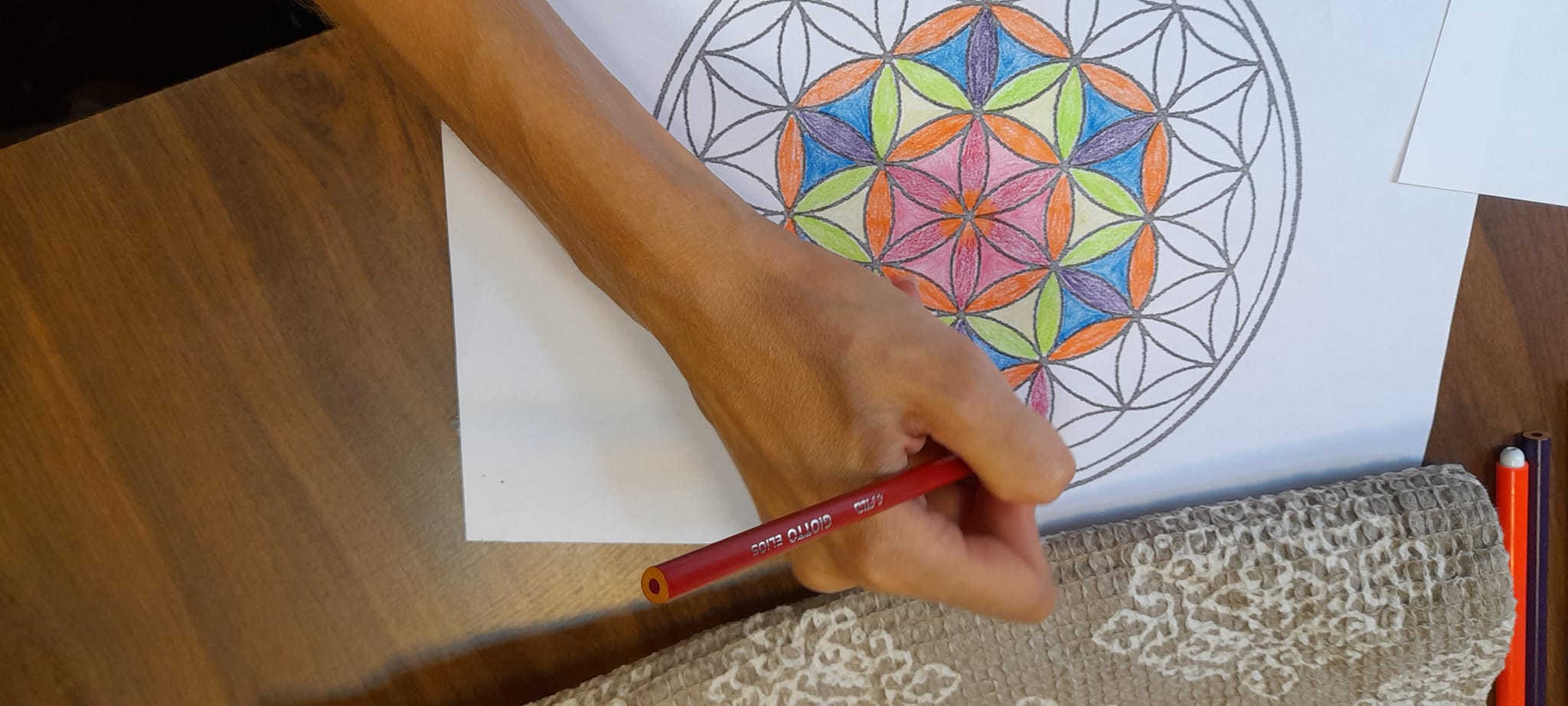
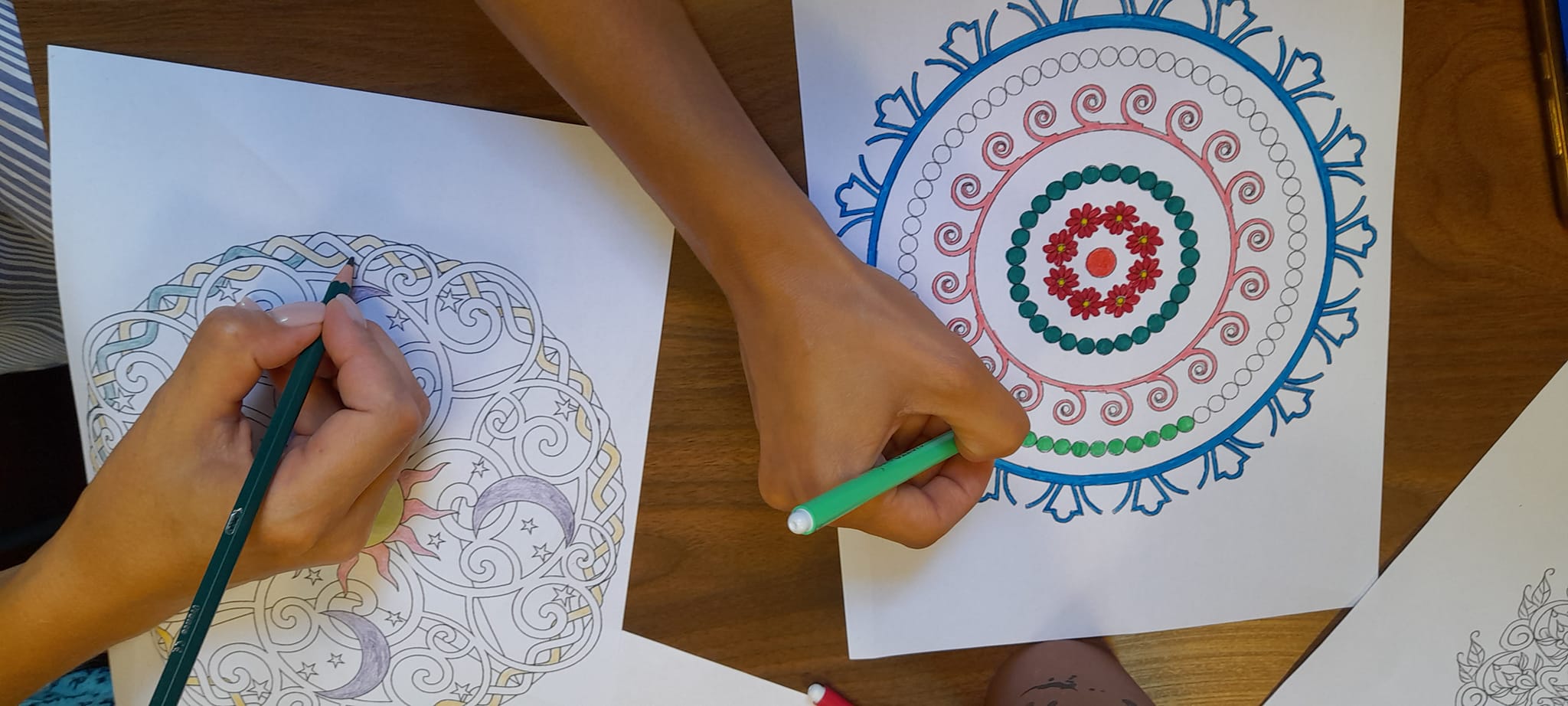
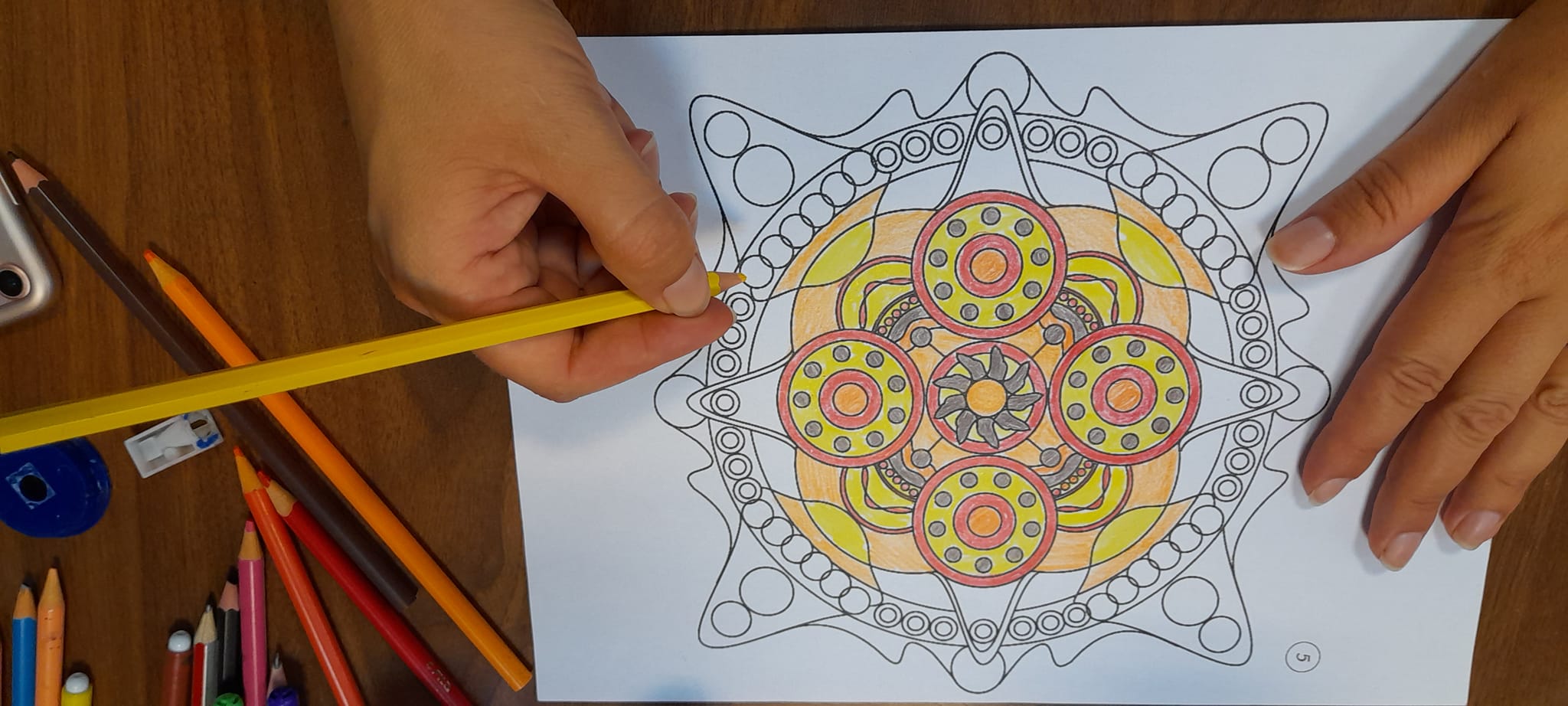
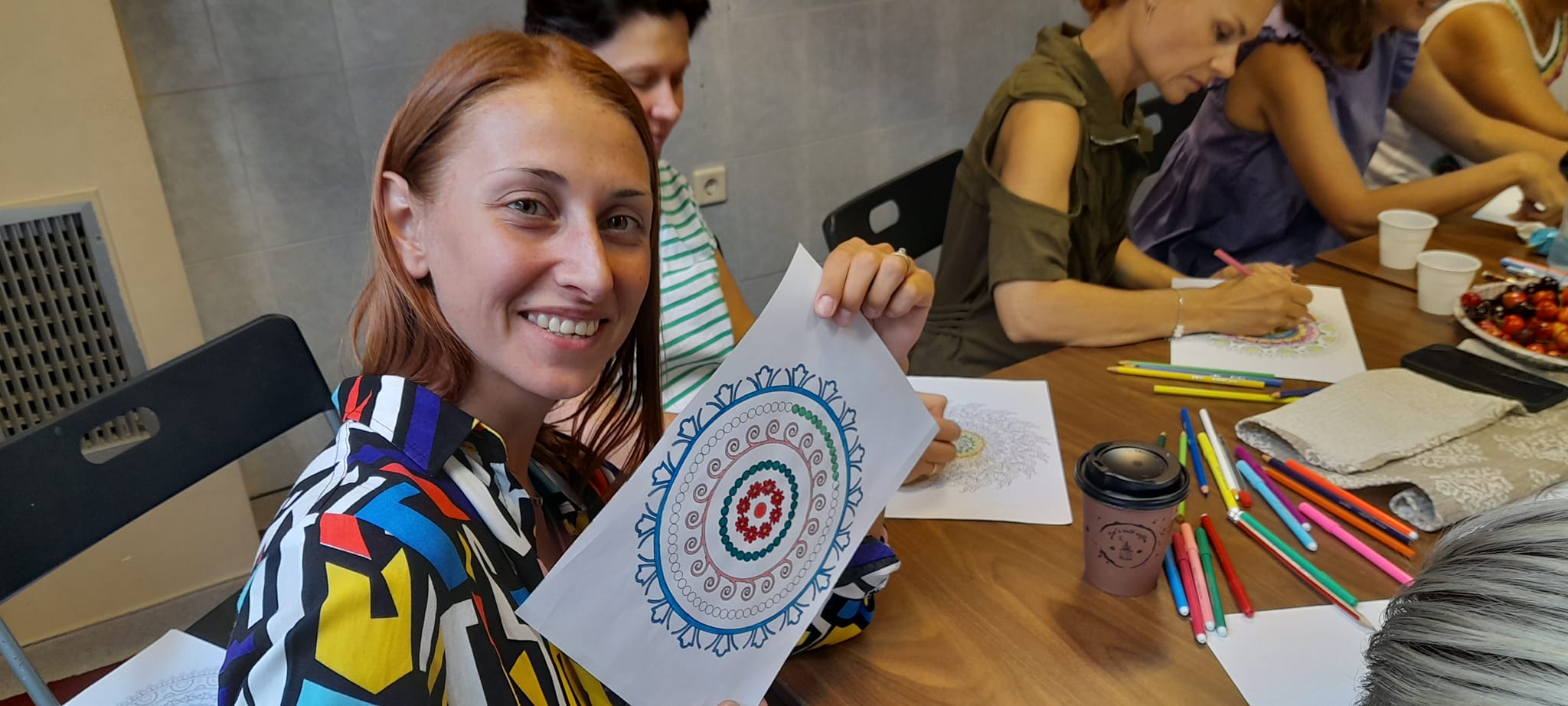
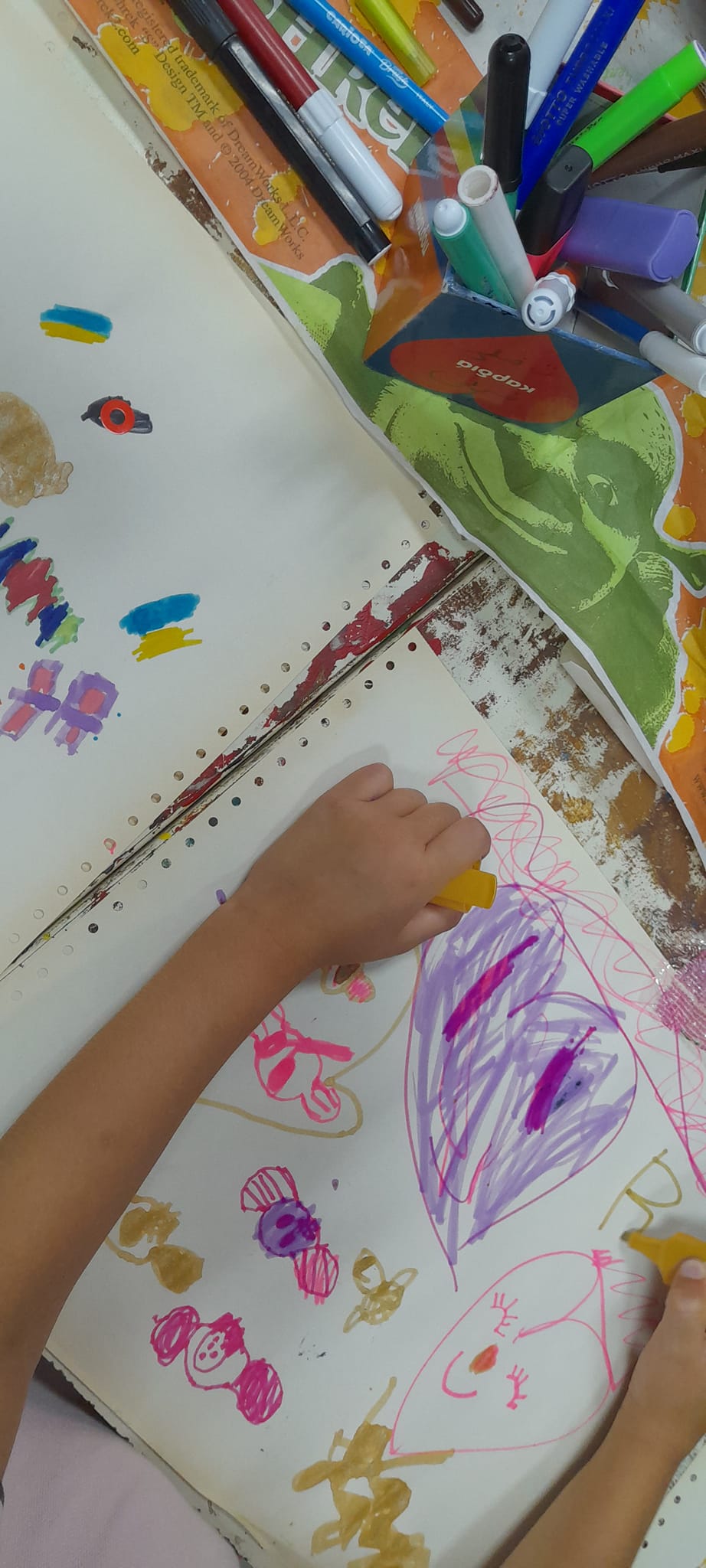
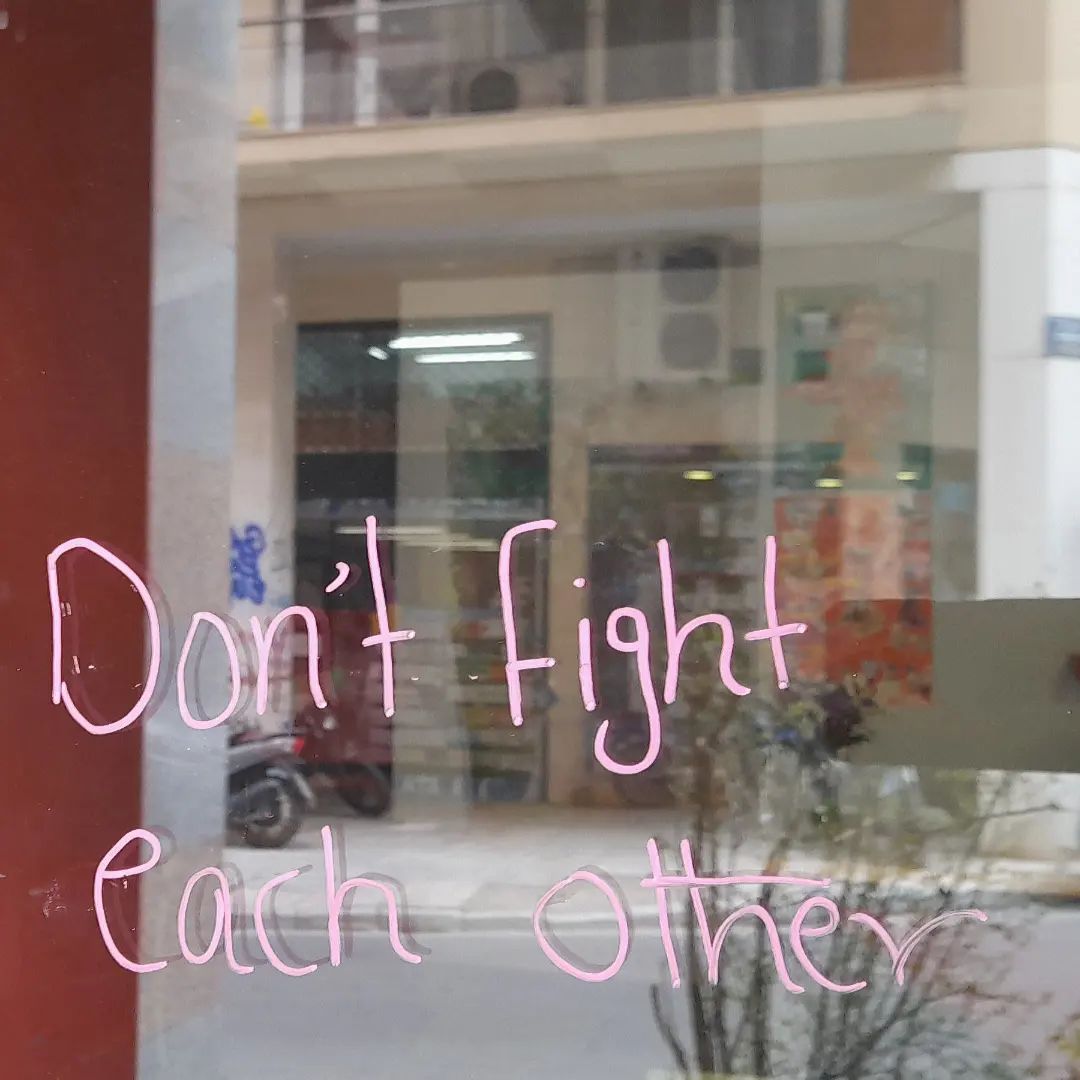
Recent Comments